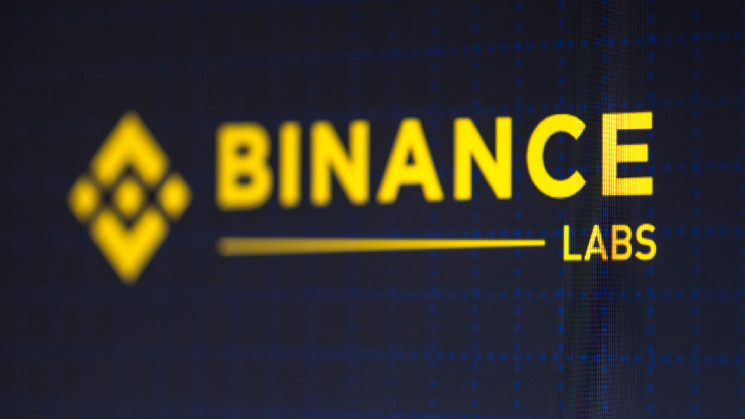Binance Labs, the venture capital arm of crypto giant Binance, has invested in Babylon, a novel protocol aiming to revolutionize Bitcoin staking.
We’ve invested in @babylon_chain!
Babylon is a blockchain project that designs security sharing protocols with a mission of scaling Bitcoin to secure the decentralized economy.
Read more👇https://t.co/9f5c2vt38S
— Binance Labs Fund (@BinanceLabs) February 27, 2024
While the specific amount remains undisclosed, Babylon co-founder David Tse revealed the investment structure mirrors their previous funding rounds – a combination of equity and token warrant options. In December 2023, Babylon secured $18 million in Series A funding, following an $8.8 million seed round in 2022.
Binance Announced its 11th Reserve Proof!
Babylon’s testnet launch is imminent, scheduled for this week, according to Tse. But what exactly is Babylon?
What is Babylon?
At its core, Babylon is a Bitcoin staking protocol. It empowers Bitcoin holders to stake their holdings on proof-of-stake (PoS) blockchains, unlocking the potential to earn rewards. This essentially transforms Bitcoin into a staking asset for PoS networks, leveraging its robust security to bolster the overall security of these chains.
Currently, PoS networks rely on their native tokens for security, which can be expensive, particularly for nascent chains often resorting to hefty staking rewards to attract capital. The Cosmos Hub ecosystem, where each application has its own blockchain, exemplifies this challenge. Babylon is actively working on integrating with the Cosmos Hub ecosystem, as previously reported by The Block.
Babylon’s Roadmap
The first PoS chain secured by the Babylon protocol will be its own chain, built using the Cosmos SDK. Subsequently, Babylon will establish a marketplace allowing BTC holders to seamlessly restake their holdings to other PoS networks through their platform.
Bolstered by Binance Labs’ investment, Babylon plans to expand its development team and target a launch of their mainnet phase one by year-end, as per Tse.
